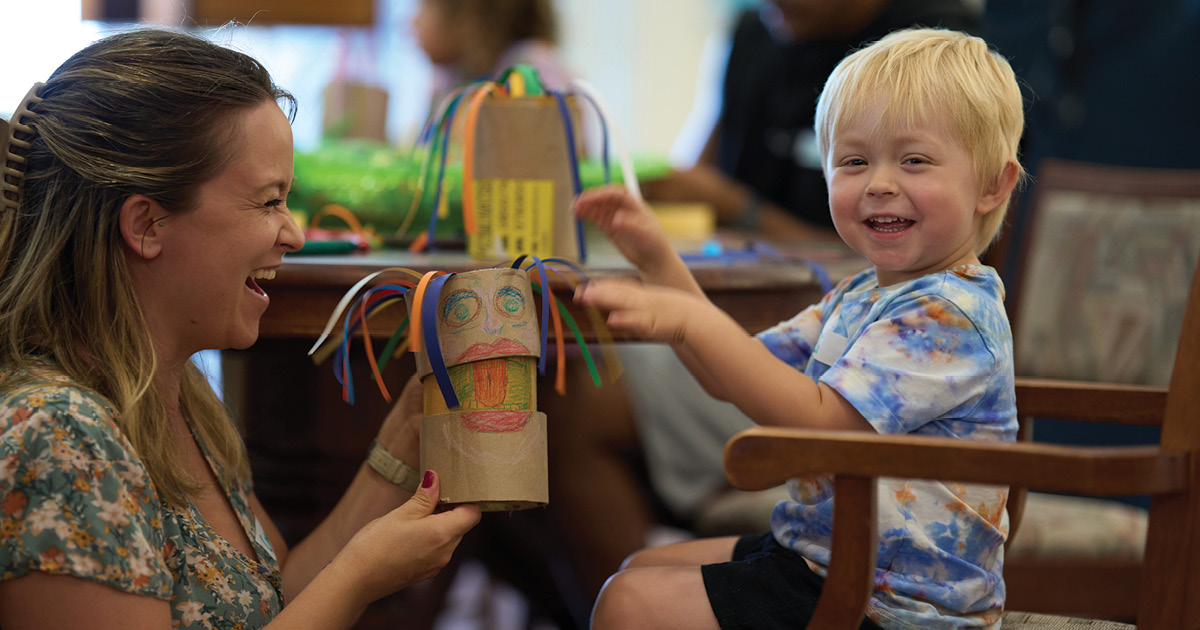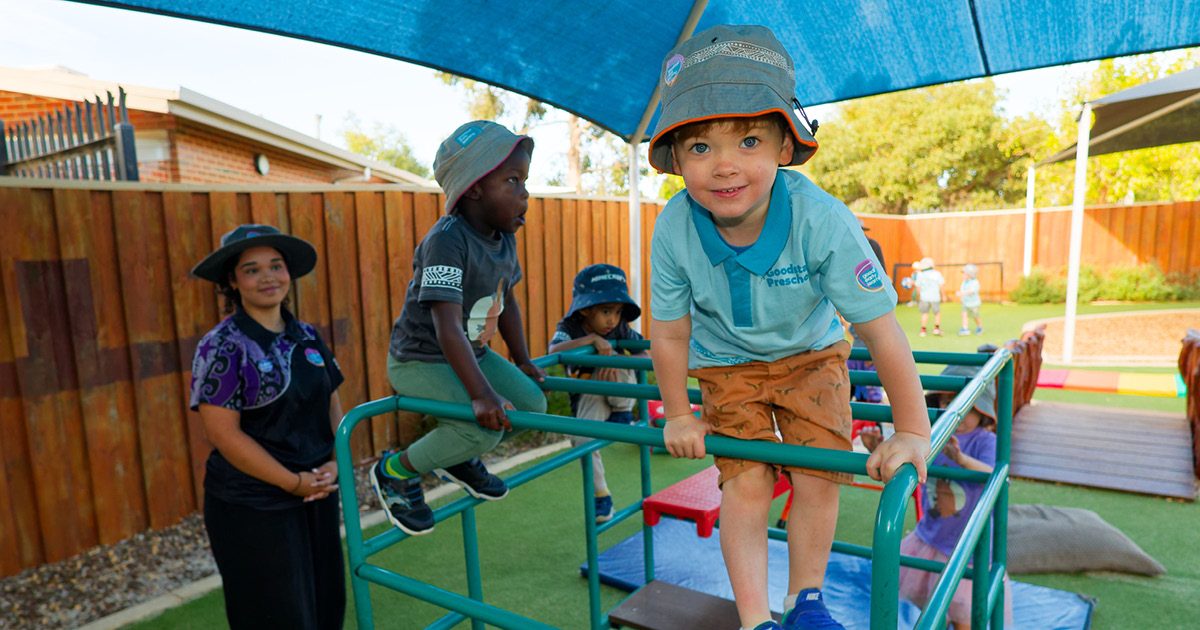Search
Research
Breastfeeding and early child development: A prospective cohort studyBreastfeeding has been associated with multiple developmental advantages for the infant; however, there have also been a number of studies that find...
Research
Late-talking and risk for behavioural and emotional problems during childhood and adolescenceAlthough many toddlers with expressive vocabulary delay ("late talkers") present with age-appropriate language skills by the time they are of school age...
Research
Bronchial brushings for investigating airway inflammation and remodellingAsthma is the commonest medical cause for hospital admission for children in Australia, affects more than 300 million people worldwide, and is incurable...
Research
Does Exposure to Asbestos Cause Ovarian Cancer? A Systematic Literature Review and Meta-analysisThe asbestos and ovarian cancer relationship is not well understood because of small numbers of women exposed to asbestos, small numbers of cases...
Research
Opportunities and challenges of the pulmonary route for vaccinationThe respiratory tract is an attractive target for the delivery of vaccine antigens.
Research
Preterm infants have deficient monocyte and lymphocyte cytokine responses to group B streptococcusGroup B streptococcus (GBS) is an important cause of early- and late-onset sepsis in the newborn. Preterm infants have markedly increased susceptibility...
Research
Bone mineral content and density in Rett syndrome and their contributing factorsThis study used densitometry to investigate the areal bone mineral density (aBMD) and bone mineral content (BMC) in an Australian Rett syndrome cohort...
Role providing project and business management support in day to day running of clinical research studies

When author Maurice Sendak first sketched out the story of a rambunctious little boy sent to his room without supper, there’s no way he could have known his rollercoaster tale of childhood imagination would still be speaking to the hearts of wild young things more than six decades on.

More than 80,000 Australian children are expected to benefit from a trial being rolled out to 700 childcare centres across the country that aims to boost declining physical activity levels.
